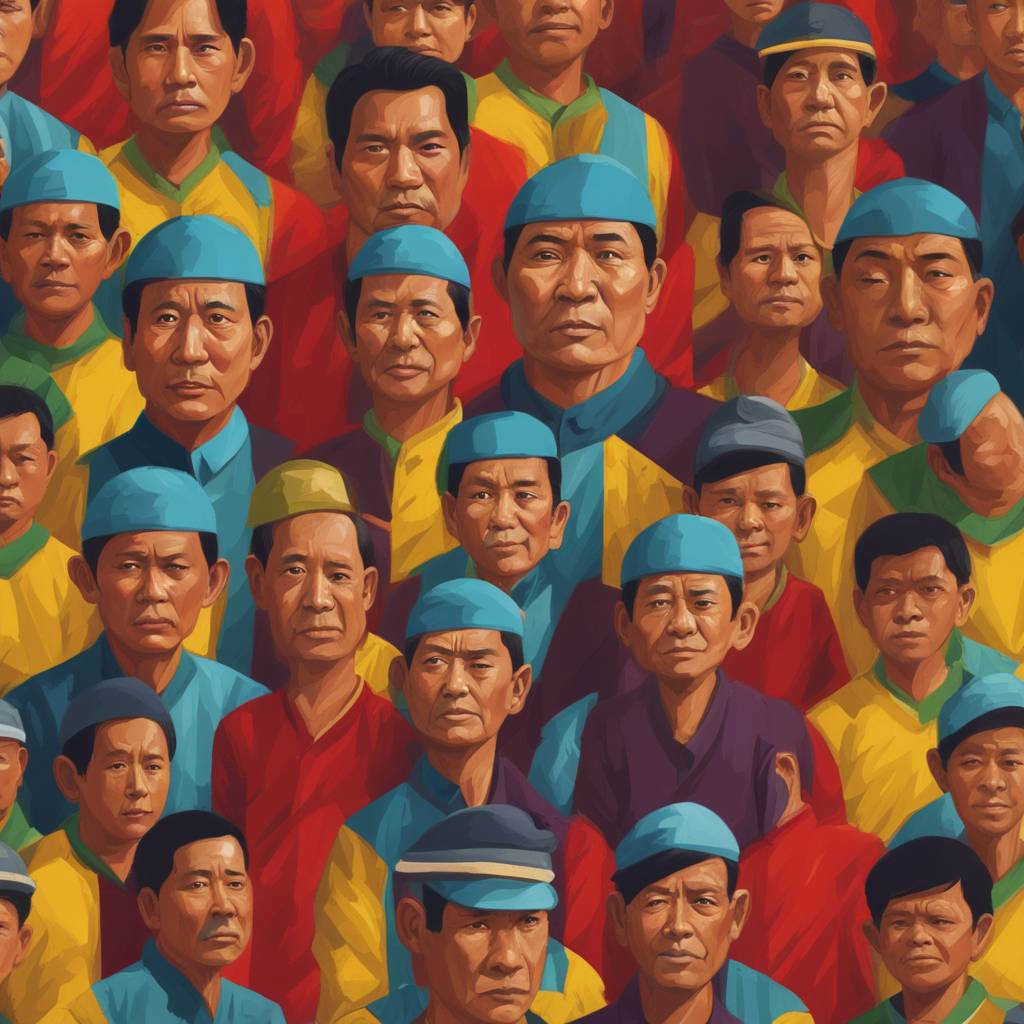The return of military rule in Myanmar has led to a brutal crackdown on pro-democracy protesters, resulting in the deaths of thousands of innocent people and the imprisonment of tens of thousands more. Human rights groups and former detainees report that conditions in military-run prisons have deteriorated, with prisoners being deprived of food, proper sanitation, and health care, and facing horrific torture. In the first two months of the year, more than 100 prisoners perished, either from torture or neglect. The military has recently announced a mandatory draft, which could lead to a new campaign of arrests for those resisting conscription.
Despite the junta’s promises to release thousands of detainees, rights groups caution that any freedom granted is likely to be temporary, as the regime has a history of rearresting those previously released. Satellite images suggest that new prison complexes are being built, indicating a long-term strategy of imprisoning dissidents. Detention in military custody has proven to be lethal for many, with reports of detainees being beaten and denied proper health care, resulting in numerous deaths. Since the coup in February 2021, over 1,500 people have died in the junta’s custody, with more than 20,000 still detained.
The Tatmadaw, Myanmar’s governing military, has a long history of human rights abuses, including bombing civilians, persecuting minorities like the Rohingya people, and torturing pro-democracy activists. The current regime, established after the coup, has been particularly brutal towards dissidents, torturing dozens to death and imprisoning tens of thousands. The regime briefly allowed a democratically elected government to share power before seizing full authority again three years ago. The A.A.P.P. estimates that more than 4,500 civilians have died as a result of the junta’s actions.
The rebels in Myanmar have gained ground in the countryside, posing a significant challenge to the military regime. In November, rebel forces attacked military positions in Loikaw, the capital of Karenni State, resulting in significant losses for the junta. Prison conditions have worsened as a result, with detainees receiving inadequate food and facing mistreatment. Political prisoners are often used as hostages or human shields by the military to further its agenda. The armed conflict in Loikaw presents additional risks to detainees, who suffer from poor living conditions and mistreatment.
For pro-democracy protesters detained by the military, the journey begins at interrogation centers, where they are often tortured before being formally arrested and thrown into prison. The mistreatment of detainees begins long before they reach prison, with reports of torture and abuse at these centers. Those who have been released from prison recount stories of inhumane treatment and the struggles faced by those still detained. The ongoing conflict between rebels and the military has created a dangerous situation for political prisoners. Despite the challenges they face, pro-democracy activists continue to resist the junta’s rule, calling for the restoration of democracy and an end to human rights abuses in Myanmar.








